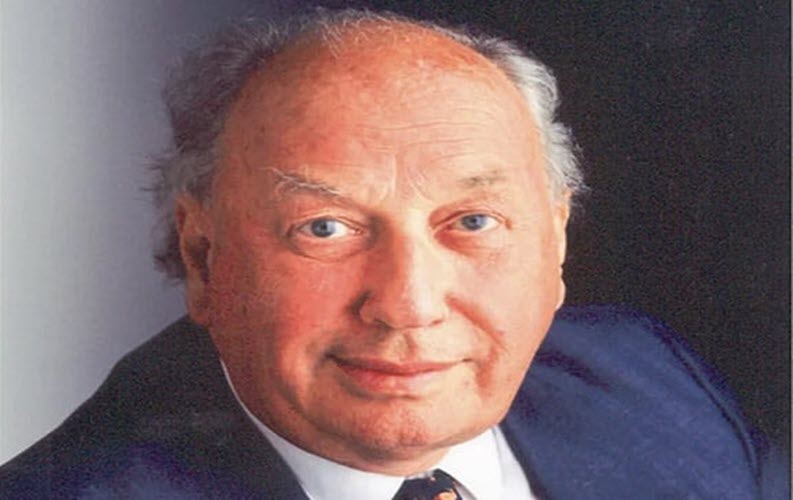John Vane: The Pharmacologist Who Revolutionized Medicine

John Vane (29 March 1927 – 19 November 2004) was a British pharmacologist who made significant contributions to the field of cardiovascular research. He was awarded the Nobel Prize in Physiology or Medicine in 1982.
Life and Career
He was born on 29 March 1927, in Worcestershire, England. He attended the University of Birmingham, where he earned a Bachelor of Science degree in 1946 and a Ph.D. in 1953. His doctoral thesis focused on the effects of histamine on blood vessels. After completing his Ph.D., Vane held a postdoctoral position at the Mayo Clinic in the United States, where he continued his research on blood vessels. He then returned to the UK and took up a position at the Royal College of Surgeons, where he began studying prostaglandins.
He went on to work at the University of London, where he became a professor of experimental pharmacology. His early research focused on the physiology and pharmacology of smooth muscle, particularly in relation to blood vessels. In the 1960s, he turned his attention to prostaglandins, a group of naturally occurring substances that regulate various physiological processes in the body. He discovered that aspirin and other nonsteroidal anti-inflammatory drugs (NSAIDs) work by inhibiting the production of prostaglandins, which are responsible for pain and inflammation.
In the 1970s, Vane’s research shifted to the cardiovascular system, and he began to investigate the role of prostacyclin, a prostaglandin-like substance that regulates blood clotting and blood vessel function. He discovered that prostacyclin has a protective effect on the cardiovascular system, and that low levels of the substance can lead to an increased risk of heart attacks and strokes.
His work on prostacyclin led to the development of a new class of drugs called prostacyclin analogs, which are used to treat pulmonary hypertension and other cardiovascular disorders. He also made important contributions to the understanding of nitric oxide, another molecule that plays a key role in regulating blood vessel function.
In addition to his scientific achievements, Vane was a tireless advocate for the importance of basic research and the need for public funding of scientific research. He served as the director of the William Harvey Research Institute in London from 1985 until his retirement in 1998 and was a Fellow of the Royal Society and a member of the Order of Merit. He died on 19 November 2004 in Kent, England
Award and Legacy
He was awarded the Nobel Prize in Physiology or Medicine in 1982, along with two other scientists, for his groundbreaking discoveries concerning prostaglandins and related substances.
His legacy is still felt today, as his work on prostaglandins and related substances has led to the development of many important drugs. These include drugs that are used to treat pain, inflammation, and cardiovascular disease. In addition to his scientific contributions, Vane was also known for his advocacy for scientific research and his dedication to education. Many students and researchers have been inspired by his work and continue to build on his legacy today.
Observer Voice is the one stop site for National, International news, Sports, Editor’s Choice, Art/culture contents, Quotes and much more. We also cover historical contents. Historical contents includes World History, Indian History, and what happened today. The website also covers Entertainment across the India and World.

